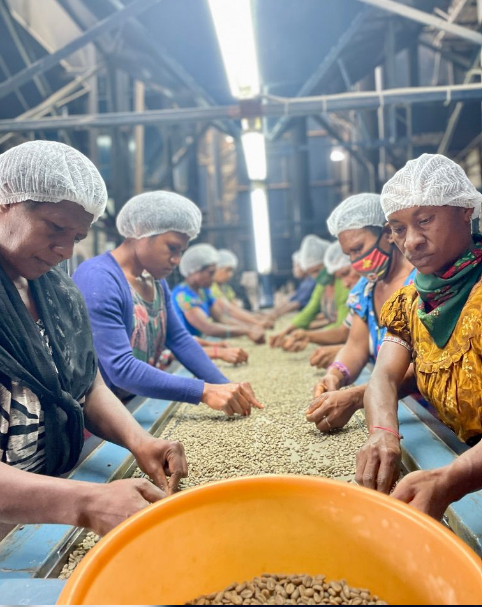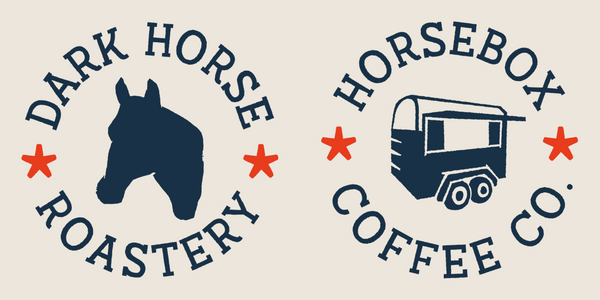Wild Horse
Wild Horse
Tasting Notes: Dark chocolate, toffee and cinnamon
Introducing a new signature blend ‘Wild Horse’. Think Dark Horse from the East.
Both coffees are truly wild grown, naturally shade grown and organic, so a particularly environmentally sustainable blend that supports the livelihood of farmers in some of the most remote and rural coffee growing regions in the world.
We have blended the very popular Hatuhei, from East Timor, sourced through the brilliant Karst Organics, with a new coffee from Papua New Guinea, brought to us by the Kongo Coffee Company who process and export coffee from 1000's of small holder growers in the Simbu region. Find out more in the drop down menu's below.
With a roast profile similar to Dark Horse expect a full bodied and intense brew with sweetness, chocolate and a little spice. A delicious espresso but also suitable for manual brewing.
Standard delivery £2.95, free delivery over £30.
Couldn't load pickup availability
Please note that espresso grind is more precise than other grind methods. Each machine and coffee is unique, so we cannot guarantee this grind will work perfectly for your setup. We highly recommend home grinding for fresher coffee. Please contact us for grinder recommendations.
People
People
Planet
Planet
Flavour
Flavour
Brewing Tips
Brewing Tips

















